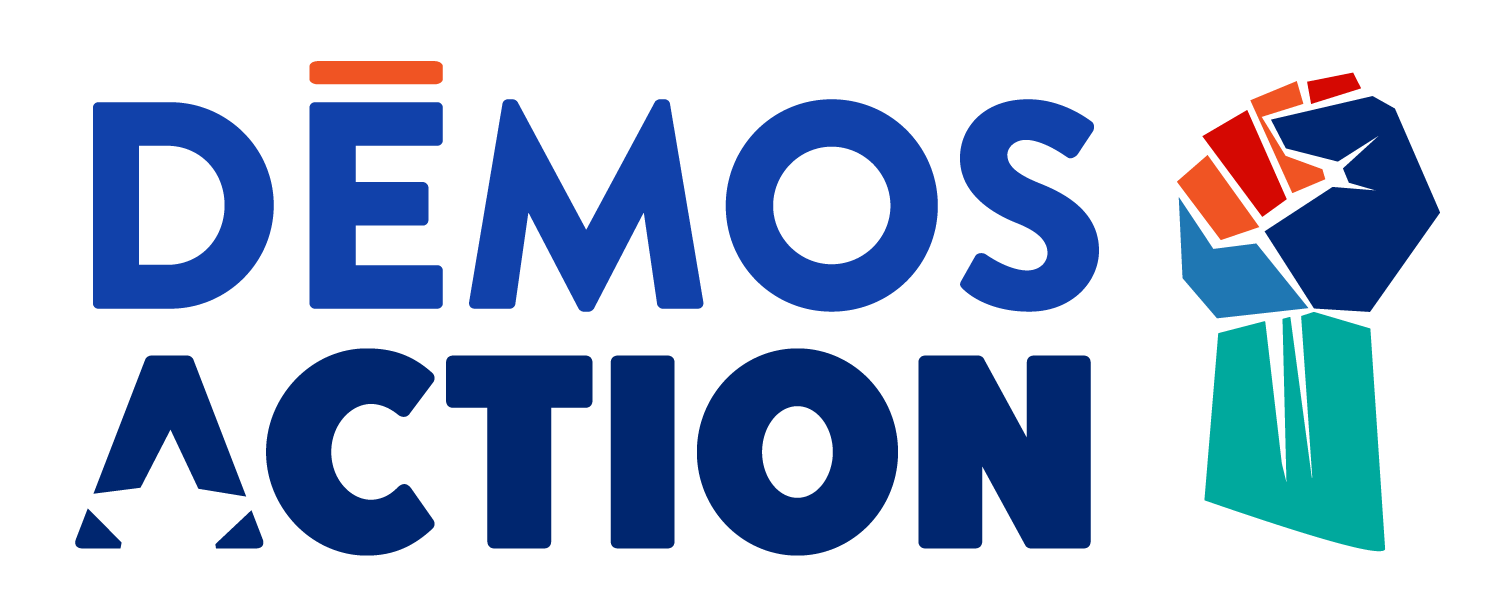Responding Effectively to the GOP’s Dog Whistle Closing Argument for 2018 Midterms
It is less than four weeks to the election and the GOP is once again doubling down on rhetoric intended to stoke voters’ racial resentment using coded “dog whistle” attacks that preserve plausible deniability, a tactic increasingly deployed in the Trump era.
As Robert Costa and Matt Viser report in the Washington Post on October 8th:
Republicans have cast the Trump resistance movement as “an angry mob,” a term used by many of them to describe a faceless amalgamation of forces that they say threaten the country’s order and, they hope, energize their voters.
...The characterization evokes fear of an unknown and out-of-control mass of people, and it taps into grievances about the nation’s fast-moving cultural and demographic shifts that Republicans say are working against them. With its emphasis on the impact on traditional values and white voters, particularly men, it strikes the same notes as earlier Trump-fanned attention to immigrants, MS-13 gang members and African American football players protesting police treatment of young black men.
You don’t need to look far to see examples of racial dog-whistling in recent weeks. A coordinated Republican ad campaign in New York has been casting Rhodes-Scholar Antonio Delgado, Democratic candidate in NY-19, as a “big-city rapper.” Last week, embattled CA Rep. Duncan Hunter released a TV campaign implying his opponent Ammar Campa-Najjar, who is Christian, is part of an effort of Islamists to “infiltrate” the U.S. government. Find more examples at the Divide and Distract page from our partners at America’s Voice, containing a database of race-baiting examples and links to submit or report new ads.
New research details an effective way to fight back. Demos Action, Anat Shenker-Osorio (ASO Communications), and Ian Haney López (author of Dog Whistle Politics) have partnered on a Race Class Narrative project that shows how to talk around race and class together in ways that strengthen social solidarity while responding effectively to division and scapegoating. The research team’s focus groups along with national and state-based surveys by Lake Research Partners demonstrate that candidates can run on a unifying race-class message that both mobilizes the base and increases appeal among persuadable voters, and provide clear guidance on how to do so.
Jess King, candidate for Congress in PA-11, displays race-class messaging language as a tool to counter racially divisive rhetoric.
The bottom line is this: the most effective response is to explicitly call out dog-whistle messaging for what it is - an attempt to divide and stoke racial resentment. Respond with a call for racial unity as we strive for a government and economy that works for all. “No matter if we’re white, black, or brown we all want a better future for our families and we will not accept efforts to divide us.”
Please visit Demos Action’s Race-Class Narrative homepage to learn more.
Have further questions about how to counter racially divisive messaging and lead with a unifying, positive call for a multi-racial platform that works for all Americans? Please contact us at RCN@DemosAction.org.


